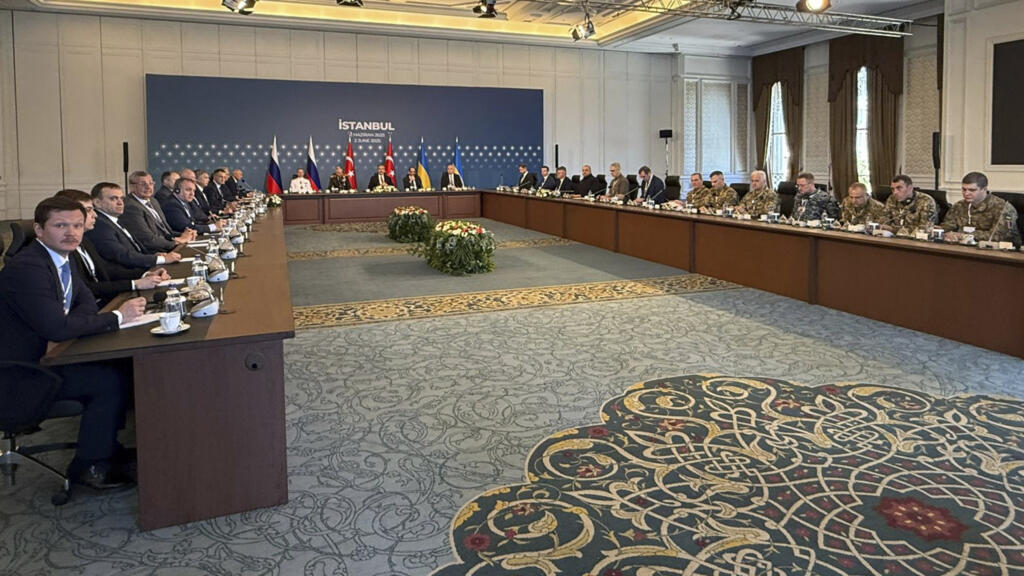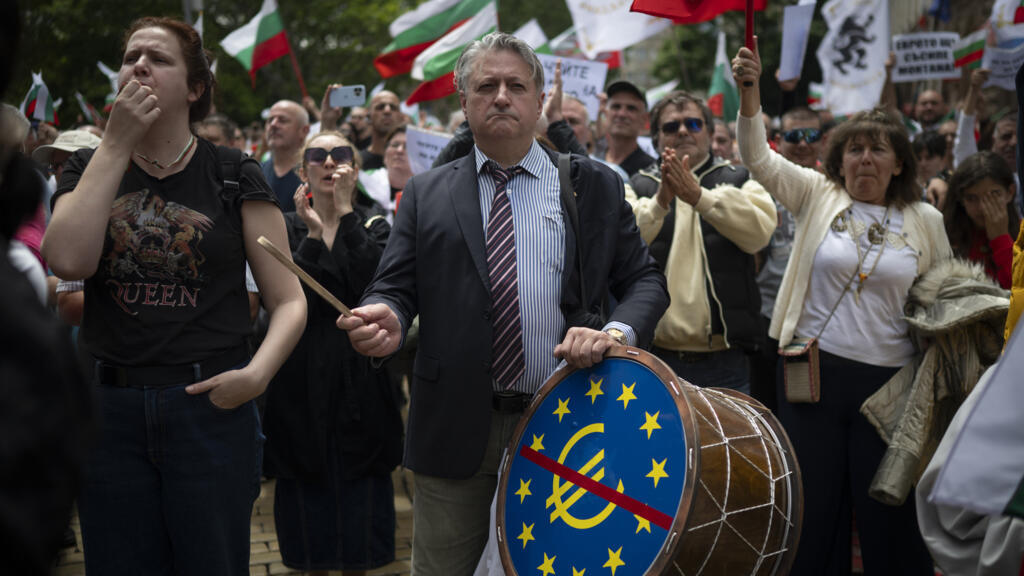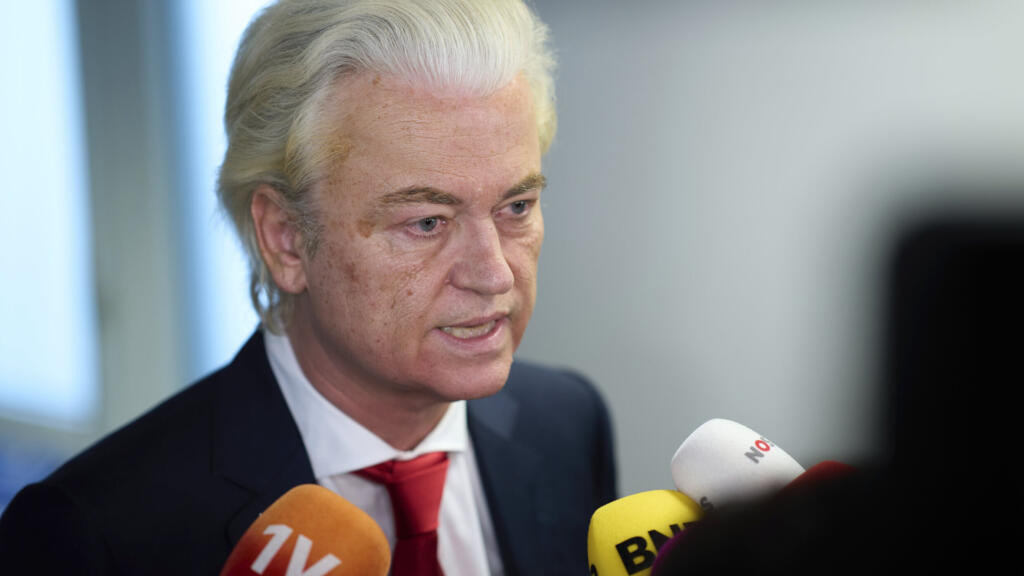Escalating Tensions Between Ukraine and Russia
Ukrainian President Volodymyr Zelensky and Russian President Vladimir Putin engaged in a heated exchange on Wednesday, each accusing the other of not sincerely pursuing a resolution to their ongoing conflict, which has persisted for nearly 3.5 years. The exchange highlights the deepening rift between the two nations as they continue to navigate the complexities of war and diplomacy.
During a press briefing, President Zelensky criticized Moscow for allegedly employing stalling tactics aimed at delaying a truce. He suggested that Russia's actions reflect a lack of genuine interest in achieving a peaceful settlement to the war. Zelensky’s remarks were directed toward the Kremlin's behavior in recent talks and negotiations, implying that Russia is more focused on maintaining its military objectives than on establishing a lasting peace.
In response, President Putin placed the blame on Ukraine, accusing it of orchestrating a deadly attack within Russian territory over the weekend. He argued that this incident was a calculated move designed to sabotage diplomatic discussions scheduled for the following Monday in Istanbul. Putin's assertion indicates that Russia views such acts of violence as detrimental to the peace process and an indication of Ukraine's unwillingness to engage in constructive dialogue.
The accusations exchanged between the two leaders come amid ongoing hostilities in the region. The situation has become increasingly complex, as both sides have experienced significant military and civilian tolls due to the prolonged conflict. Zelensky and Putin’s divergent narratives underscore the distrust that has become a hallmark of their interactions, complicating any potential pathways toward peace.
As both presidents navigate their respective domestic and international pressures, the path to resolving the conflict appears to be fraught with obstacles. Zelensky’s administration is under scrutiny as it seeks to demonstrate a commitment to protecting Ukrainian sovereignty while also managing the humanitarian crisis that has escalated due to the war. Conversely, Putin's government faces its own set of challenges, including maintaining public support within Russia amid international sanctions and criticism over its military actions.
The scheduled talks in Istanbul are seen as a crucial opportunity for both nations to potentially reach an agreement, but the recent allegations from both sides may serve to hinder any progress. The international community is closely monitoring the situation, hopeful for a de-escalation of tensions but aware of the challenges that lie ahead.
In conclusion, the ongoing war between Ukraine and Russia remains a significant global concern, marked by mutual accusations and a breakdown of trust. With each side blaming the other for the lack of genuine peace efforts, the possibility of a resolution remains uncertain as both leaders prepare for what could be pivotal discussions in Istanbul.












